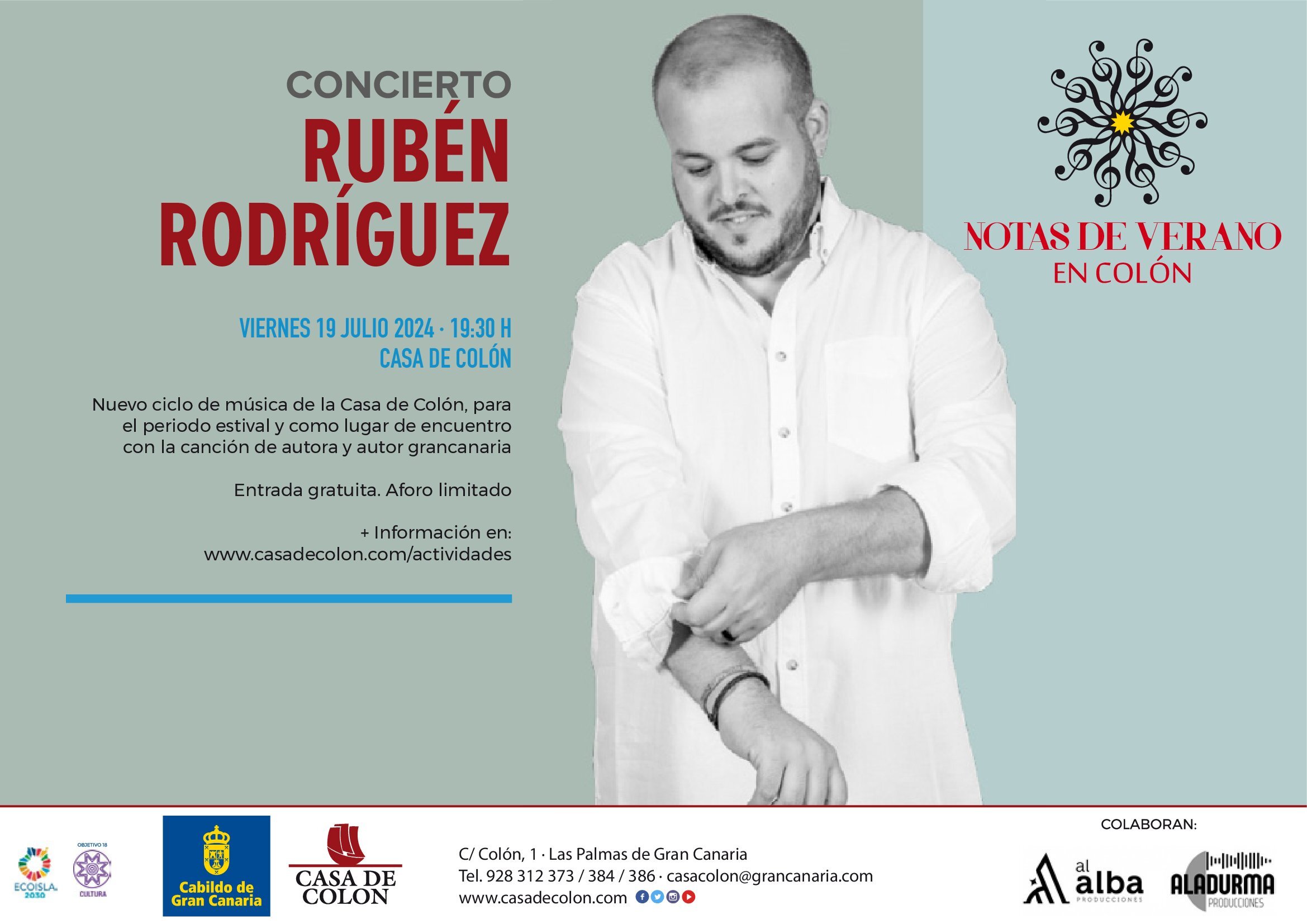I truly wanted to love Todo eso. Starting with the title and the phrase in its very beginning [1, p. 11]:
Si «cisgénero» te suena a chino, «poliamor» a orgías de pervertidos o eres mi madre, consulta el glosario que encontrarás al final de este libro.
I was looking forward to a blast of a book.
“But,” interrupts the perspicacious reader. “I can distinctly hear ‘but’. You wanted to love it but.”
The thing is, during the past few years, I read and enjoyed a number of books on the topic [2—6], some of them good and some others pretty damn good. Perhaps inevitably, I judge Todo eso against a rather high standard. So let me continue, and you’ll see if there’s a ‘but’.
We read for different reasons. One of them is to increase our knowledge. In this sense, there was little new for me to be learned from this book. (This is not the author’s fault.) For sure, there were new names, new books, a couple of concepts that I never read about in Spanish before, etc. etc. However, talking about genuinely new (for me) ideas, I would name one, coming from Luce Irigaray [1, p. 64 and clarified in the footnote 54]: Amo a te / J’aime à toi / Amo a ti, awkwardly translated to English as “I Love to You”.
Another reason is to see the author’s perspective and check how much (or how little) we have in common. I found myself agreeing with many of Sandra’s opinions — say, on homonormativity or sex work — and was glad to encounter references to familiar works, e.g. Yes, we fuck! [1, p. 115].
Yet one more reason to read is simply to take pleasure in it. Todo eso, in part, fulfilled the promise to be a fun read. Of course, it could be that this promise was imagined by me. I enjoyed the Chapter 2, Confesiones a la Virgen de una desvirgada, the most.
It’s OK to cherrypick. This is not a novel, not a prog-rock album, not a “take it or leave it” menú del día.

Now what could have been done better?*
- Citations, citations and more citations. Sandra quotes profusely from a variety of (mostly feminist) writers. Sometimes the passages take more than a half of page, sometimes more than two pages [1, pp. 52—54, 102—104, 111—113]†. What for? In many cases, they are long-winded and boring bits of text, clearly meant to support the author’s arguments. As it happens, these latter are enunciated much better, in short sentences and a lively language.
- Solution: I’d say, ditch most of the quotes, shorten the essential ones, leave the references in the footnotes (as they currently are) and let the reader decide if they want to dig deeper. Naturally, the book will be twice as short then, about 100 pages. Good!
- For a such a short book it’s quite repetitive. Sandra goes on in loops about her privileges, her sexuality, cisheteropatriarchy and her idea of feminism which is also anti-racist, anti-capacist and anti-capitalist. No matter how important these issues are to the author, repeating makes them less so to the reader.
- Solution: saying once is enough; cut the repeats, maybe we’ll have 80 pages or so in the end.
-
In spite of all “own experience” and “being an exhibitionist” spiel, Sandra shares surprisingly little of that experience. For instance, she writes [1, p. 79]:
He tenido sexo con centenares de hombres cis, y no muchos me han sorprendido. En cambio, mujeres sexualmente desinhibidas, aunque inferiores in cifra, eran mucho más abiertas, creativas y libres de complejos.
Hundreds of men, what a perseverance! I guess most would give up after the first half dozen of them. Still, at least some of those cis men must have surprised the author, why not to tell us? And what about those “lower in quantity”, higher quality women? Alas, she doesn’t go much beyond generalisations like above. - Solution: a few real-life anecdotes to illustrate the author’s points will do wonders as well as pad the book up. Spare us the graphic details; these examples don’t even have to be about sex. Check out Más peligroso es no amar [3] and Mujeres que follan [6] for inspiration.
- Now we are coming to the most cringeworthy part: Chapter 7, Y lo más importante de todo, ¿cómo le explico yo esto a mi madre?, in particular Carta a mi madre. This last chapter confirms my worst fears: Ms Bravo indeed has no clue how to explain the titular “all this” to her mum. Why on earth did she choose the open letter form then? It’s painfully embarrassing to read. How about just talk to her mum or, failing that, write a normal (closed, personal) letter?
- Solution: do us a favour, lose Carta a mi madre.
- Finally, the bit that was in fact promised: the Glossary. What a disappointment! Typically, authors include glossaries to provide the reader with definitions in order to avoid terminological confusion. Here it seems to exacerbate the confusion. The terms patriarchy and queer, Sandra says, are difficult to define. Instead of explaining attachment in her own words, she “clarifies” it with yet another abstruse quote which actually describes attachment theory (without defining what attachment is). In the entry for LGTBIQ+, she writes that if you don’t know what a “lesbian” or “gay” is, you’ll have difficulties understanding her book. Family is what a heterosexual couple achieves after practicing intercourse without a condom for a period of time. And so on.
- Solution: make the definitions clear and concise. (Like the author’s definition of feminism: a fight for the elimination of any kind of oppression. It’s not required that everybody agrees with them.) Define basic concepts such as sex and gender before moving on more complex ones. Avoid emotional comments and finishing sentences with “vamos” — there’s whole book for that kind of thing. Make sure that the use of the terms in the main text is consistent with their definitions.
- By the way, (ab)using the term “person” and avoiding “woman”, as is done in the Glossary, does a great disservice to feminism. Not that Sandra is unaware of it: elsewhere, she describes how replacing “gender violence” with “domestic violence” is employed by the far right to invisibilise the problem [1, pp. 47—50]‡. She also emphasises the need of safe places specifically and exclusively for women, not persons [1, pp. 114—115].
- Solution: the obvious one. Say “man” or “woman” when needed.
See? There are problems; I suggest solutions. And did I use the word “but” (apart from right now, that is)?
I doubt that the author, in the unlikely event of reading this post, would heed my free and disinterested advice. Which is a bloomin’ shame really.
| * | Everybody has their own criteria of what is “good” (and, by extension, “better”). Some readers might have liked the bits that bothered me the most. As this is my blog, I express here my opinions what is better for the reader. |
| † | I wonder if the author is conscious that the sheer length of these citations is stretching the right to quote a tad too far. |
| ‡ | Clara Serra explains this brilliantly in her Manual ultravioleta [5, chapter 16]. |
References
- Bravo, S. Todo eso que no sé cómo explicarle a mi madre: (Poli)amor, sexo y feminismo. Ediciones Plan B, 2021.
- Casquet, N. and Andyn. Mala mujer: La revolución que te hará libre. Lunwerg, 2020.
- Etxebarria, L. Más peligroso es no amar: Poliamor y otras muchas formas de relación sexual y amorosa en el siglo XXI. Aguilar, 2016.
- Requena Aguilar, A. Feminismo vibrante: Si no hay placer no es nuestra revolución. Roca Editorial, 2020.
- Serra, S. Manual ultravioleta: Feminismo para mirar el mundo. Ediciones B, 2019.
- Teruel, A. Mujeres que follan: Historias de sexo real contadas por ellas. Libros del K.O., 2023.

























